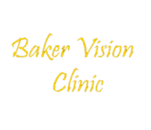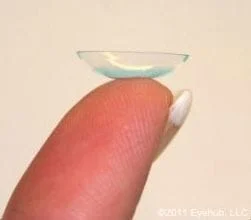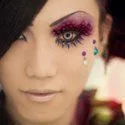Primary Examination
Prior to a contact lens examination it is important to have a complete primary vision and eye health examination.
Whether it is glasses, contact lenses, lasik surgery or cataract surgery, a thorough eye examination is an important first step. All of these options plus others can be looked at during this examination.
Contact Lens Examination
During the subsequent Contact Lens examination there are a multitude of factors to consider. Such factors as age, occupation, hobbies, eye health, physical health, dexterity, sports, just to mention a few, are all important considerations.
Lens complexity plays an important part of the decision. The need for bifocals, astigmatism or binocular eye coordination issues need to be considered.

Special Contact Lens Tests
Next, special tests that are specific to contact lens wear are provided. Measuring the shape and contour of your corneas are obvious needs, but in addition we need to look at tear production and tear quality as well.
Insertion and Removal Training
While it is not difficult, putting a contact lens into your eye for the first time can be a challenge for some people. We provide training to help you become comfortable with this process.
Trial Period
Finally, we provide a trial period to see if contact lenses are really the best solution to your visual needs. For some of our patients, contact lenses provide the best vision every day, all day. For others, contact lenses are useful for only specific activities. All of these considerations are discussed.
In the final analysis, our greatest concern is for the health of your eyes. A safe wearing schedule and lens hygiene issues are outlined.
Special Use Contacts
Once we know that basic contact lenses are working, more complex lenses can be considered. We provide a full array of contact lenses for specialized needs:
Bifocal Contact Lenses
Monovision Contact Lenses
Astigmatism Contact Lenses
Sports Contact Lenses
Keratoconus Treatment
Orthokeratology (Corneal Molding)
Pediatric Contact Lenses
Colored Contact Lenses
Colored Contact Lenses can change the iris color. The cosmetic options range from a subtle iris color change to a striking and dramatic effect.
Sometimes an eye injury may leave an eye disfigured.
Whatever the problem, we have experience with cosmetic colored contact lens issues.
Contact lenses can be ordered from the convenience of your home by visiting our ORDER CONTACTS link located at the top of the page.




